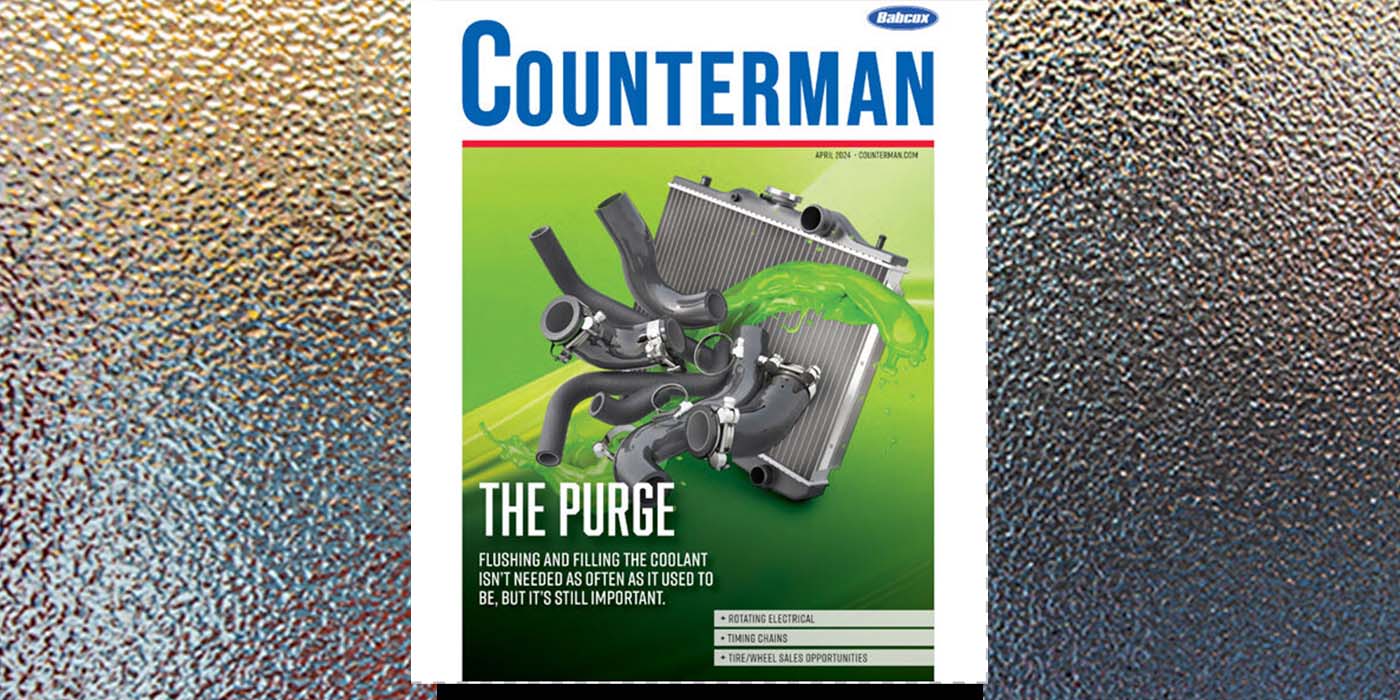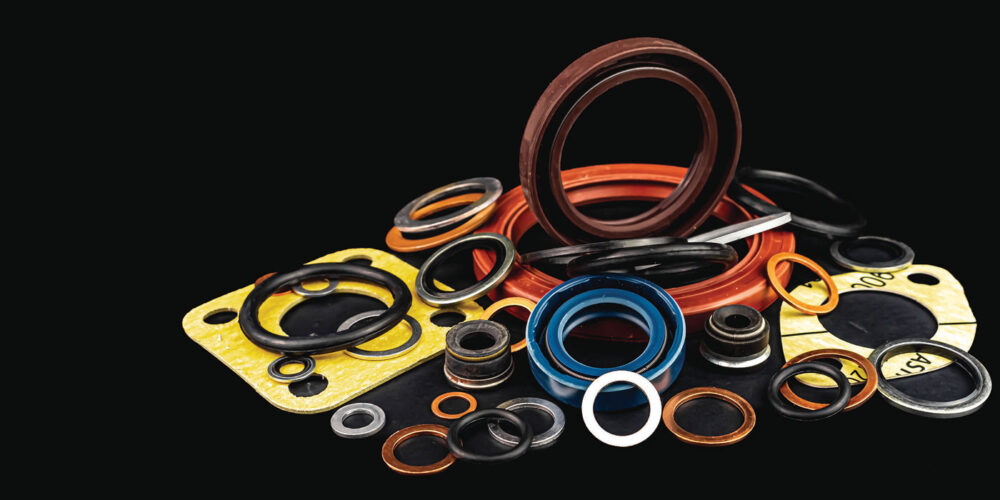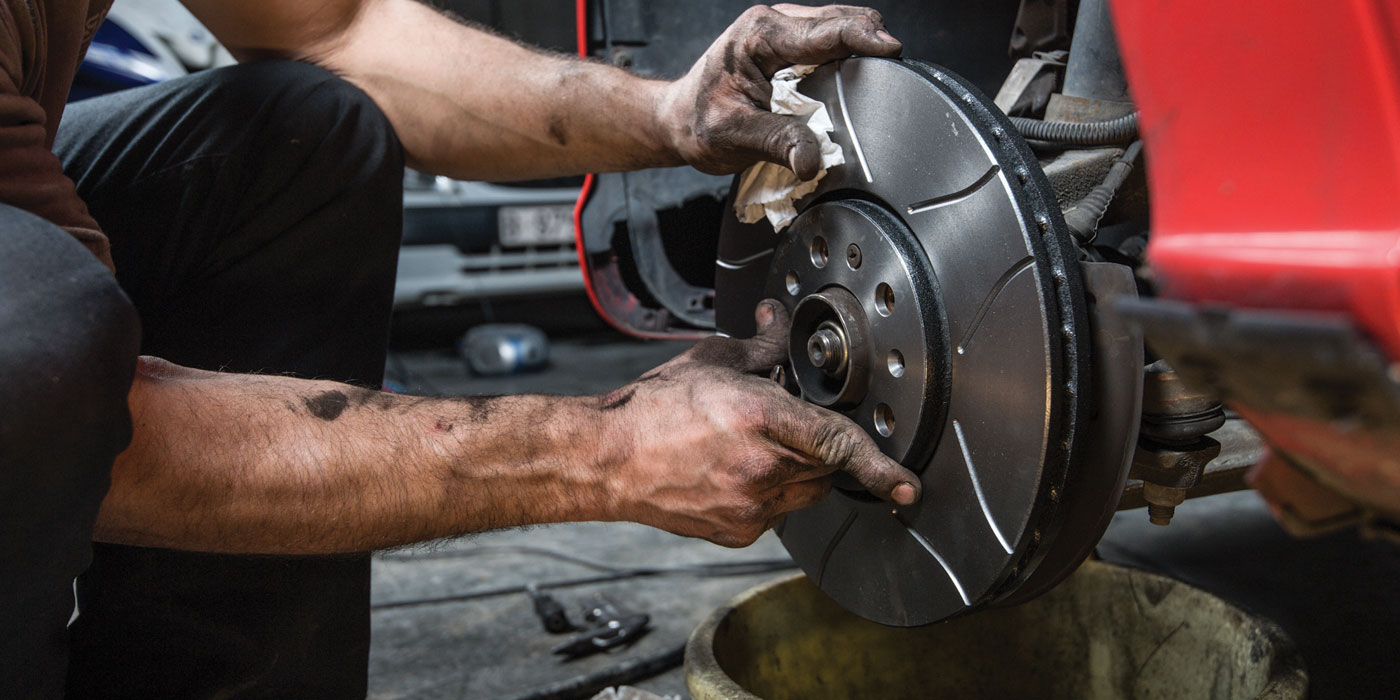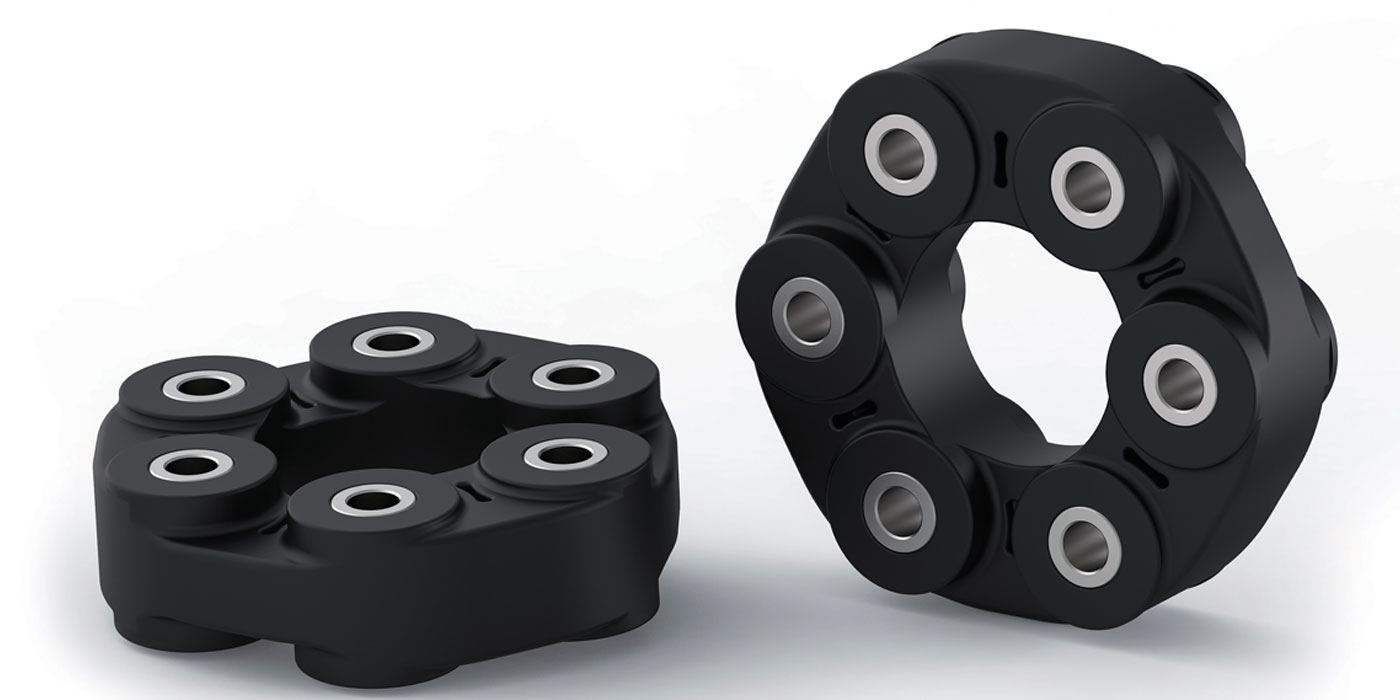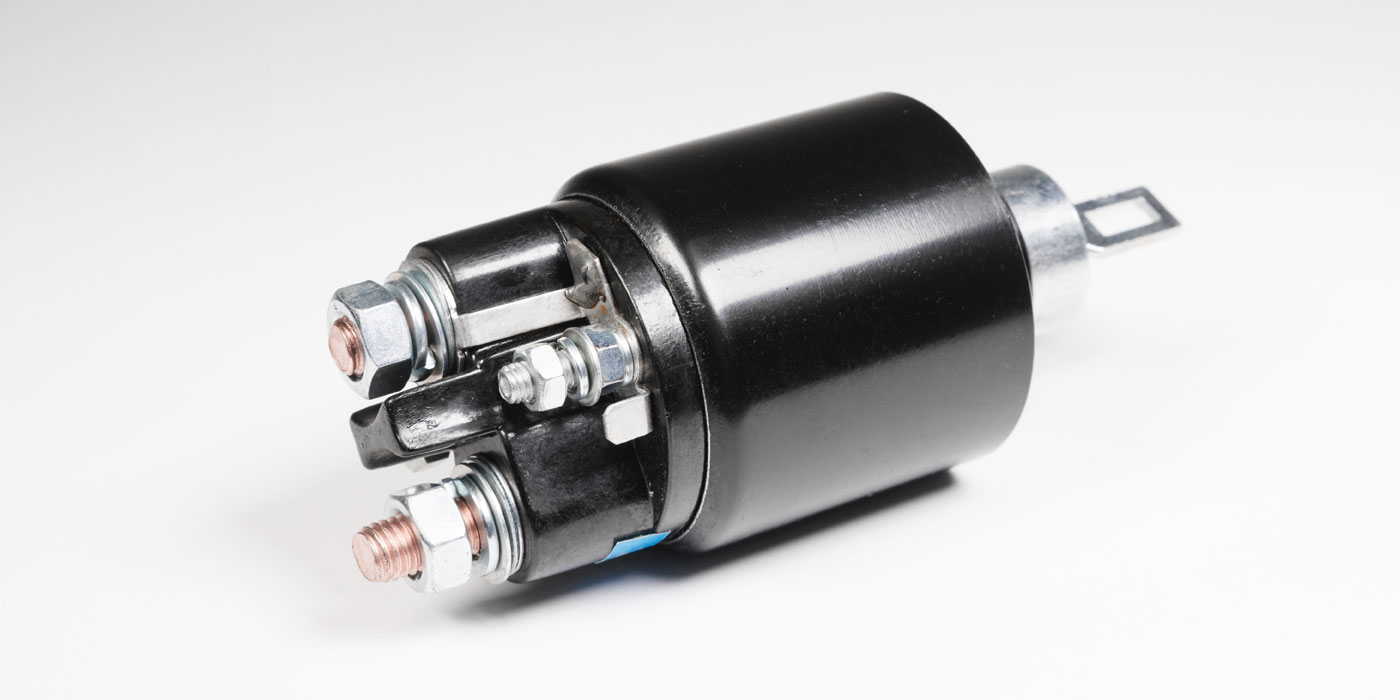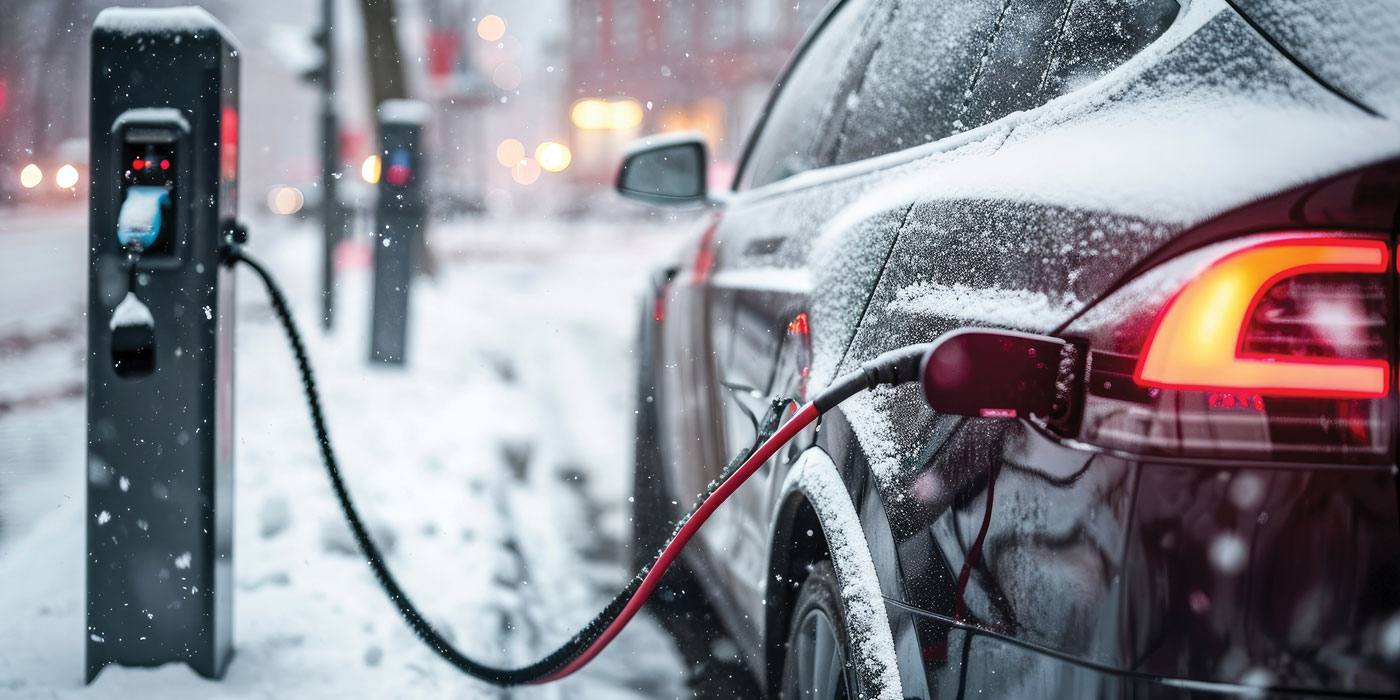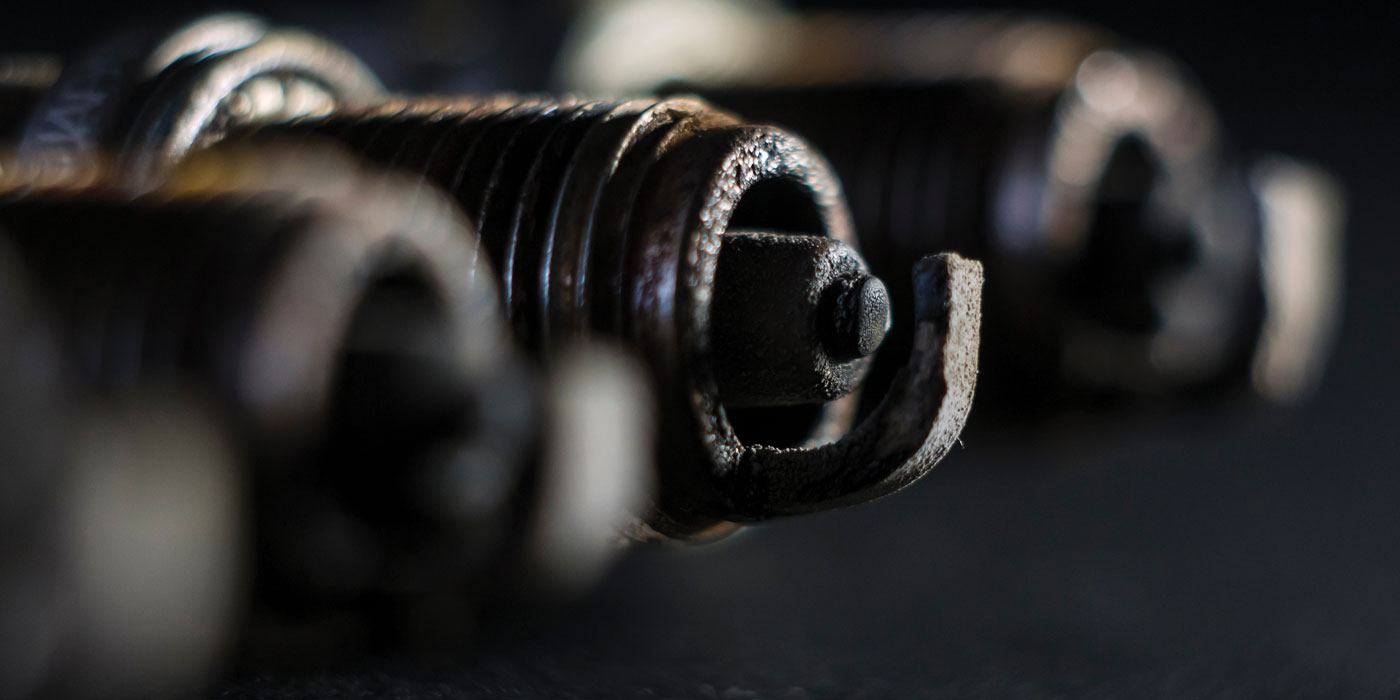Q. What kind of antifreeze should I use in my cooling system?
A. Car manufacturers like it when you use an antifreeze that meets their specifications. In fact, you must use a product that meets their OEM requirements to maintain the factory warranty. That could be an OEM-branded product, or it could be any aftermarket coolant that meets the OEM requirements.
However, once your vehicle is out of warranty, you can use any type of antifreeze you want, whether it is the same color or chemistry as the original coolant or not.
Some aftermarket coolant suppliers offer products that meet specific OEM requirements, while others offer coolants with special additive packages that work in all makes and models of vehicles.
Choosing an antifreeze isn’t as simple as it once was because some vehicle manufacturers prefer one type of corrosion inhibiting package while another vehicle manufacturers may insist on a different type of corrosion inhibiting package.
“Conventional antifreeze is formulated with corrosion inhibitors composed of inorganic salts, such as phosphates, silicates, and borates to protect a cooling system against rust and corrosion,” said Thomas Cholke, technical services manager for Old World Industries. “Over time, however, inorganic inhibitors deplete and may no longer provide effective cooling system protection.”
The old green formula coolant is history as far as new cars are concerned, but is still available on store shelves as a lower cost replacement coolant primarily for older cars and trucks. It uses a different corrosion inhibitor package that provides protection for 2 years or 30,000 miles, which is much less than the newer long life coolants that typically claim five-year or 150,000-mile protection.
Long-life antifreeze that is dyed orange typically contains “Organic Acid Technology”(OAT) corrosion inhibitors such as sebacate, 2-ethylhexanoic acid (2-EHA) and other organic acids, but no silicates or phosphates.
“Extended-life coolants are formulated with neutralized organic acid salts instead of traditional corrosion inhibitors,” according to Cholke.
"When organic acids are used in coolants, the coolant is generally referred to as an (OAT), which refers to organic acid technology. (OAT) type coolants form a highly effective corrosion inhibitor system that provides superior cooling system protection. Organic inhibitors do not deplete as quickly as the inorganic inhibitors used in conventional coolants. This is why properly formulated OAT coolants typically provide up to 150,000 miles or five years of cooling system protection between service intervals.”
Silicated Hybrid Organic Acid Technology (HOAT) antifreezes, which are sometimes referred to as “G-05” formula coolants, contain organic acids in combination with one or more inorganic inhibitors. The most common inhibitor is silicate. The addition of silicates increases corrosion protection for aluminum engines, radiators and heater cores, and helps protect the water pump against erosion wear. Silicated hybrid OAT coolants are specified for 2001 and up Chrysler vehicles, 2002 and up Ford trucks and SUVs, 2003 and up Ford passenger cars, and 1985 and up Mercedes, BMW, Volvo and Mini Cooper.
“Phosphated HOAT” coolants are used in Asian vehicles because Asian vehicle manufacturers prefer phosphated organic acid coolants and do not like silicated organic acid coolants. European vehicle manufacturers, on the other hand, generally specify silicated HOAT coolants and do not like phosphated organic acid coolants. That’s why some antifreeze suppliers offer different HOAT formulas for these applications.
Q. How do I check the freezing protection or strength of my coolant?
A. You can use an inexpensive float style coolant tester (hydrometer) to check your coolant, or chemical test strips that change color to reveal the strength and condition of the coolant. Some professional technicians use an optical device called a refractometer to check the coolant, too.
Regardless of what type of coolant is used, most vehicles require a 50/50 mix of antifreeze and water in their cooling systems. This will provide freezing protection down to -34 degrees F, and boiling protection up to 263 degrees F with a 14 PSI radiator cap. If additional coolant is needed, add straight antifreeze to the radiator or coolant reservoir to increase the strength of the mixture. Do not exceed a mixture of 70 percent antifreeze and 30 percent water. If water is needed, use distilled water, never hard tap water or softened water that contains harmful salts and chemicals.


